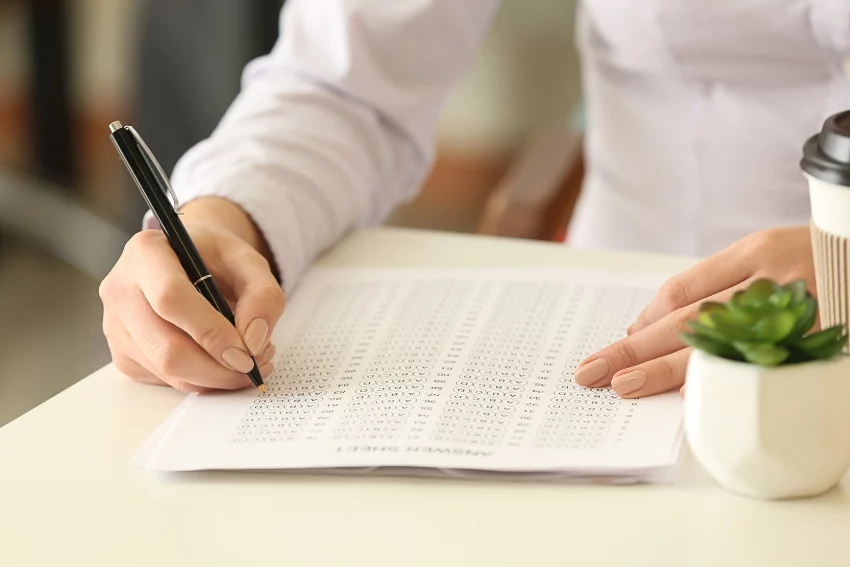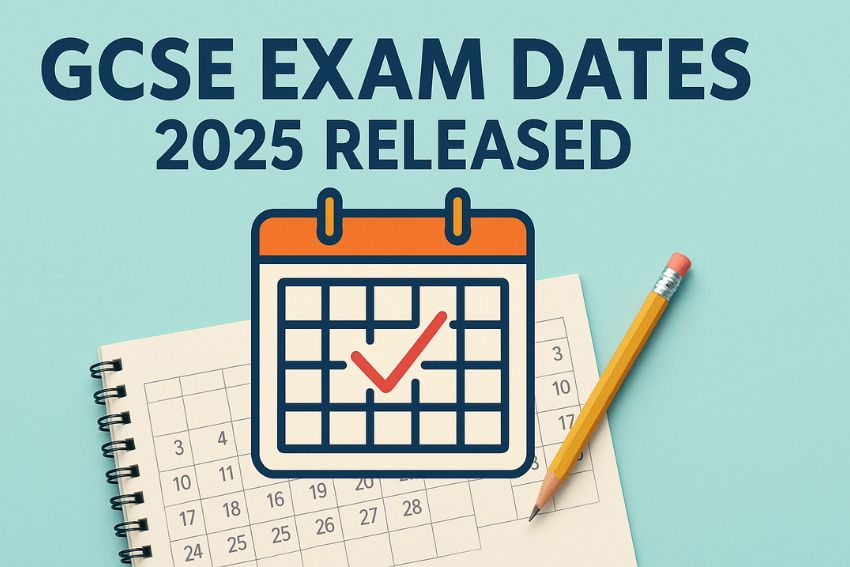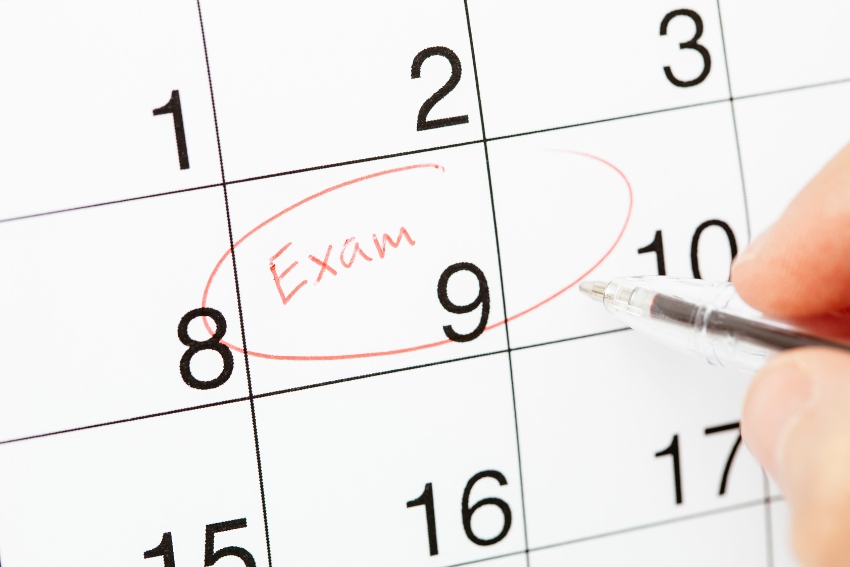GCSE 2026 Dates: GCSE Exam Timetable
GCSE exams are just around the corner and it’s important to start preparing for them. One way some students structure their revision is by focusing on the next upcoming exam. This can help you prioritise what to study and ensure you’re not cramming everything in at the last minute. So, let’s see the dates for core subjects:GCSE Maths Exam Dates 2026
- Paper 1 (Non-Calculator): Thursday 14 May 2026 – morning
- Paper 2 (Calculator): Wednesday 3 June 2026 – morning
- Paper 3 (Calculator): Wednesday 10 June 2026 – morning
GCSE English Language Exam Dates 2026
- Paper 1: Thursday 21 May 2026 – morning
- Paper 2: Friday 5 June 2026 – morning
GCSE Physics Exam Dates 2026
- Paper 1: Tuesday 2 June 2026 – morning
- Paper 2: Monday 15 June 2026 – morning
GCSE Chemistry Exam Dates 2026
- Paper 1: Monday 18 May 2026 – morning
- Paper 2: Thursday 11 June 2026 – morning
GCSE Biology Exam Dates 2026
- Paper 2: Monday 8 June 2026 – morning
- Paper 1: Tuesday 12 May 2026 – morning
FAQs About GCSE exams

Unexpected Circumstances On the Exam Day
What Happens if You are Sick on the GCSE Exam day?
In most cases, if a student misses a GCSE exam due to illness, they will be able to reschedule the exam, provided they provide a medical certificate to their school or college as soon as possible. However, if a student misses more than one exam for a subject, the exam board may award an overall result based on how well the student performs in the exams they do take.
If a student misses all the exams for a subject, they will be expected to resit the exams in November, or if the subject is not important to them, they can choose to not take that particular GCSE.
In some cases, if a student misses an exam due to illness or an accident, a grade can still be calculated using the marks from the other papers taken or their non-exam components (if applicable). Ultimately, it is important for students to contact their school or college as soon as possible in the event of illness or an accident in order to ensure they receive the appropriate support and can reschedule their exams if necessary.
What Happens If You are Late on the Exam Day
If you are late on the exam day, it is important to inform the school or exam centre as soon as possible. While you may be permitted to take the exam, you will not be given additional time to complete it. The specific cut-off time for late arrival can differ between schools, but typically students who arrive late to an exam may not be permitted to enter the exam room, or may be granted entry but with less time to complete the exam.
To avoid being late for an exam, it is crucial to plan your transportation and factor in any potential delays. It is also good practice to confirm the exam location and start time the day before the exam to ensure you arrive on time. If unforeseen circumstances arise and you are running late, it is important to inform the school or exam centre as soon as possible to minimise any potential disruptions and ensure that you are able to take the exam.
What’s Special Consideration? How to Make Up for a Missed GCSE Exam?
If you miss a GCSE exam, the first step is to notify your centre, which will typically be your school, unless you are a private candidate. You should contact the exams officer or admin via phone or email to let them know you have missed an exam. The process of making up a missed exam can vary depending on the policies of the exam board and your school or college.
In some cases, the exam board may use a combination of your mock grade, your performance in the other papers, and the national average for the paper you missed to estimate what you would have got in that paper. It’s important to reach out to your school or the exam board for guidance if you are unsure about what to do.
Another option available to students who have experienced illness, injury, or other unforeseen events that may have had an impact on their ability to perform is to apply for special consideration. Special consideration takes into account any extenuating circumstances that may have affected a student’s performance on an assessment. The Joint Council for Qualifications (JCQ) provides a guide to the special consideration process on its website, which is updated annually. Students are encouraged to visit the JCQ’s official website for the most up-to-date information on how to apply for special consideration.
If you don’t qualify for special consideration, you can always resit an exam in November or the next year. Make sure to contact the sixth form of your choice and make arrangements.








